Desperate Penguin Rescue Efforts Continue: Nearly 3,000 Penguins Relocated from Nightingale
During a briefing by The Ocean Foundation to the conservation NGO community in Washington, DC, Katrine Herian, a project officer of the Royal Society for the Protection of Birds (RSPB) stationed at Tristan da Cunha, informed us by telephone that the desperate effort to rescue endangered Northern Rockhopper penguins from neighboring Nightingale and Inaccessible Islands (the latter a World Heritage Site) continues, with roughly 2,300 penguins already relocated for rehabilitation on Tristan da Cunha and another 600 birds expected last evening. Dealing with the environmental disaster left in the wake of the March 16 wreck of the Oliva bulk carrier at Nightingale Island and the ongoing leak of its 300,000 gallons of heavy marine fuel has been a round-the-clock effort involving the entire community of Tristan da Cunha — a tiny community of fewer than 300 residents inhabiting this most remote inhabited island in the world where residents already have multiple jobs. The crew of the wrecked ship, Oliva, still ashore at Tristan da Cunha, has been helping with the rescue operation.
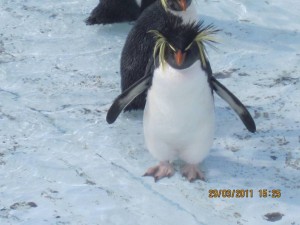
This Northern Rockhopper was covered with oil 6 days prior to this photo and is now rehabilitating at Tristan da Cunha
The community swimming pool at Tristan da Cunha has been converted into a rehabilitation area for penguins, as have a number of warehouses, work sheds and outdoor spaces. A barge is being used round the clock to fish for food for the rehabilitating penguins, but this effort is hampered by bad weather and large swell conditions. Residents are emptying their freezers and donating all of their personal stores of fish to the cause.
Since there is no air strip at Tristan da Cunha, supplies are 5-7 days away from the closest civilization at Cape Town, South Africa, 1500 miles to the east. High seas and 50-60 knot winds have severely hampered relief efforts, making boat landings at any of the islands too dangerous to attempt during such conditions. Consequently, many of the penguins being corralled on the islands to keep them from entering the oil-covered water have had to be released since they can not be transported back to Tristan da Cunha for rehabilitation. A helicopter for transport is desperately needed.
Thanks to help from RSPB and SANCCOB (The Southern African Foundation for the Conservation of Coastal Birds), technical assistance and supplies for rehabilitating birds are slowly reaching the area, but much more help is needed, both for the immediate cleanup and an ongoing cleanup to ensure that the area is free from oil when penguins feeding at sea return in 5 months.
One of the biggest challenges of this situation is the fact that there is very little global awareness of this environmental disaster, affecting the second largest population of seabirds in the world. At yesterday’s briefing, a resource page for NGOs and the media was announced, containing photos, videos and PowerPoint presentations for use in media stories, newsletters, web sites, etc.
In addition to penguins, numerous other seabirds have been observed oiled, including Atlantic Yellow-Nosed Albatross, Great Shearwaters, Broad-Billed Prions, etc. Also, many sub-Antarctic fur seals have been oiled, some of them fatally. The fate of many other marine species, including fish, remains unknown. Tristan da Cunha’s economy depends almost entirely on its export of crayfish (lobster) and much of this fishery has been closed for at least two years due to the oil spill.
The cause of this accident remains under investigation.
|
Please Help! The Ocean Foundation has established the Nightingale Island Disaster Penguin and Seabird Rescue Fund and your tax-deductible donations will go directly to assist the teams at Nightingale Island, Tristan da Cunha and Inaccessible Island working to rescue and rehabilitate endangered penguins and other seabirds. Your help is very urgently needed! |

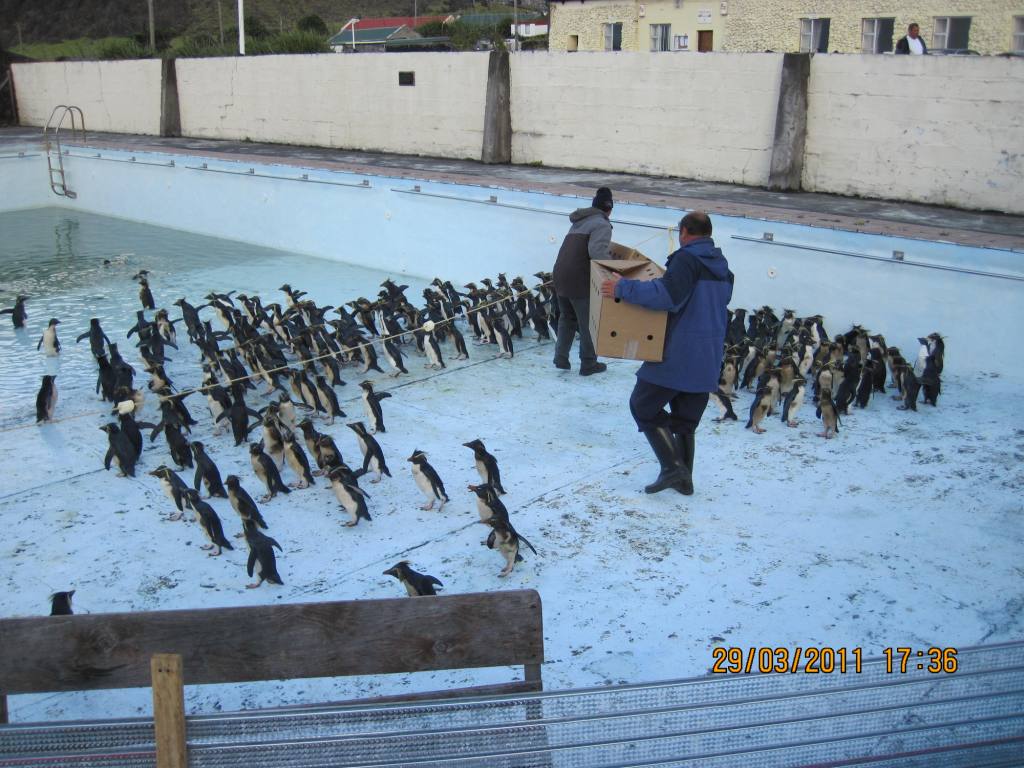
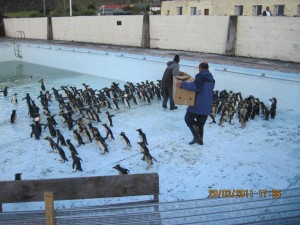
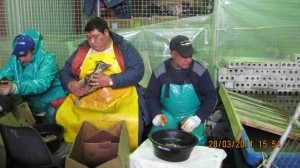
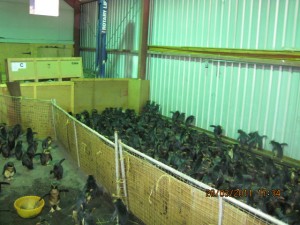
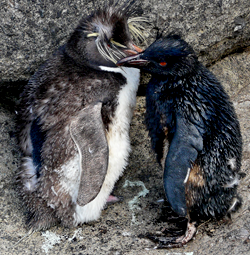



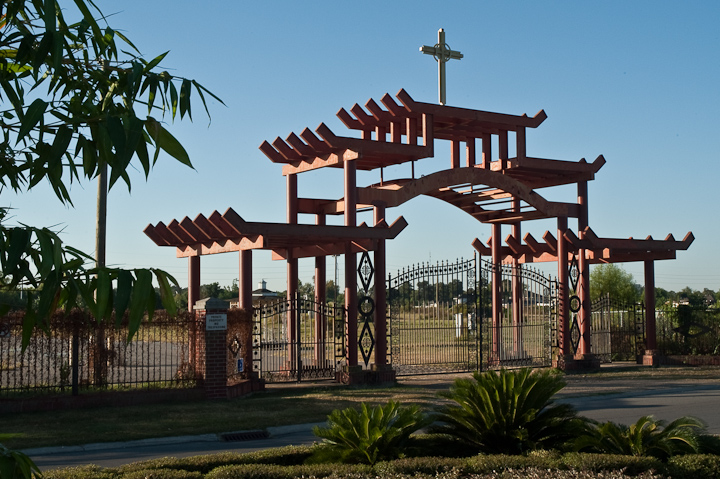

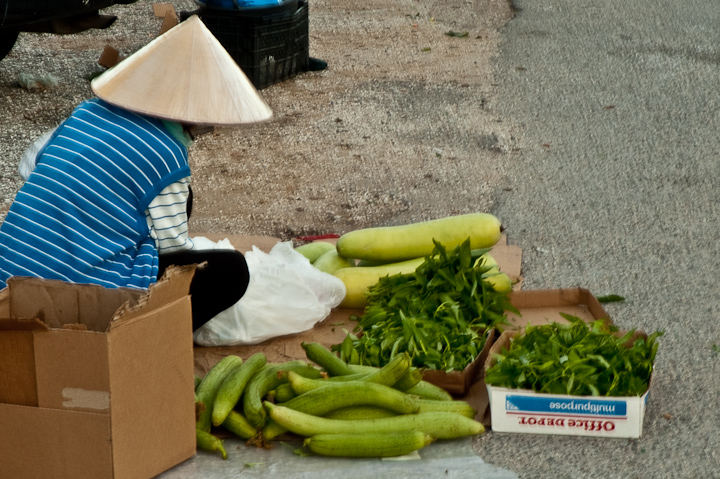


Perhaps the reason for the small amount of media coverage is that here we are, 17 days after the grounding, and there has been a complete news blackout about the cause of this extremely unlikely accident, very little information on what help is needed, and no information whatsoever on who’s in charge. Clearly, the island Administrator and the Governor in St. Helena have been silenced.